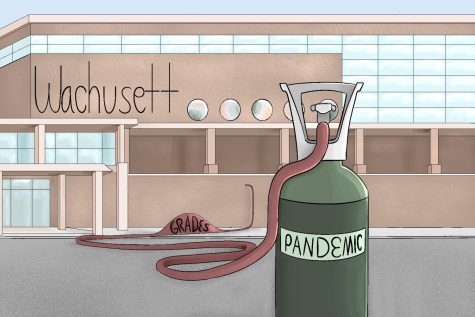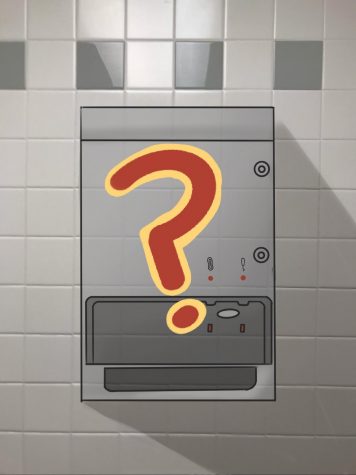National organization fails students, lines own pockets with money
The College Board claims to be designed to help improve the college admissions process. In reality, it is an overrated dumpster fire of an organization.
Known for creating the SAT, PSAT, SAT subject tests, and AP tests, the College Board claims to assess high school students’ reading, writing, and math skills, and then conveys that information to colleges across the United States.
“I’m not a fan of standardized tests. Multiple choice questions are not a good way to assess students,” said English teacher Chris Tarmey.
Indeed, these tests and their methods of evaluating students prove to be far from perfect.
The SAT, for example, has a serious racial bias problem.
According to the College Board’s own statistics, only 9% of African American and 12% of Latino students scored above a 1200 on the SAT. In contrast 45% of white and 55% of Asian American students earned above average scores.
“The people who make these tests are not necessarily educated and their choice of questions can be poor in terms of asking questions that give every student the best opportunity to answer correctly,” said Tarmey. “I also find that when they [the College Board] do attempt to cater to minorities, the questions and passages feel very contrived.”
Although doing well on the SAT may help get a student into college, the test does not accurately predict who will stay there.
As stated in a report by Matthew Chingos of the Urban Institute, students who score above an 1100 on the SAT, but receive a high school GPA of 2.7-3.0, have a college graduation rate of 39%. Comparatively, students who have a high GPA but a low SAT score have a 62% graduation rate.
“The way the College Board scores people conditions them to value themselves on a scale, which has no true bearing on their future,” said senior Daniel Hebb.
So if the College Board administers racially biased tests that don’t predict success in institutions of higher education, why do colleges, even so-called test optional schools, rely on the College Board as the kingpin of the college admissions process?
The answer is exclusivity.
Most College Board exams include an optional survey section that asks questions ranging from a student’s home address and email, to their GPA, race, and parent’s income.
According to The Wall Street Journal, colleges can buy this information from the College Board at a rate of forty seven cents per person. These colleges then flood prospective students, many of whom may be unqualified to get into the college purchasing their information, with a veritable tsunami of emails, brochures, and invitations to summer camps.
When students, thinking that the school has an interest in them, actually apply, they receive a denial letter. The school’s acceptance rate lowers, its exclusivity rises, and its national ranking can even increase.
Teenagers get tricked into paying increasingly exorbitant admission fees to apply to a college that wants them to do so for the express purpose of rejecting them.
For an organization dedicated to assisting students, that practice seems rather unhelpful.
The College Board has ruled the admissions process for nearly a century, but the time has come for its sleazy reign to end.

Zac is a senior from Sterling who has been with the Echo since Freshman year and been on the editorial board since sophomore year. When not working on...













